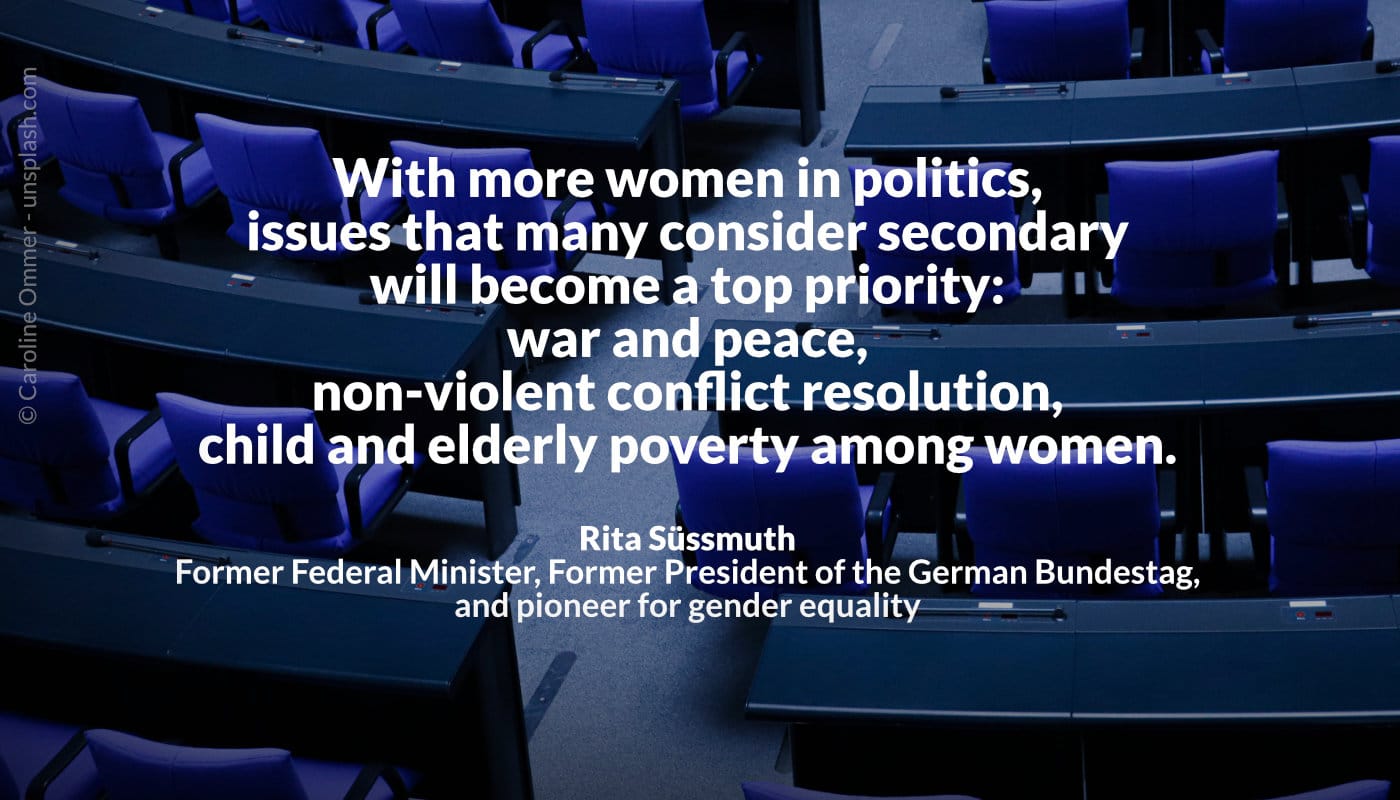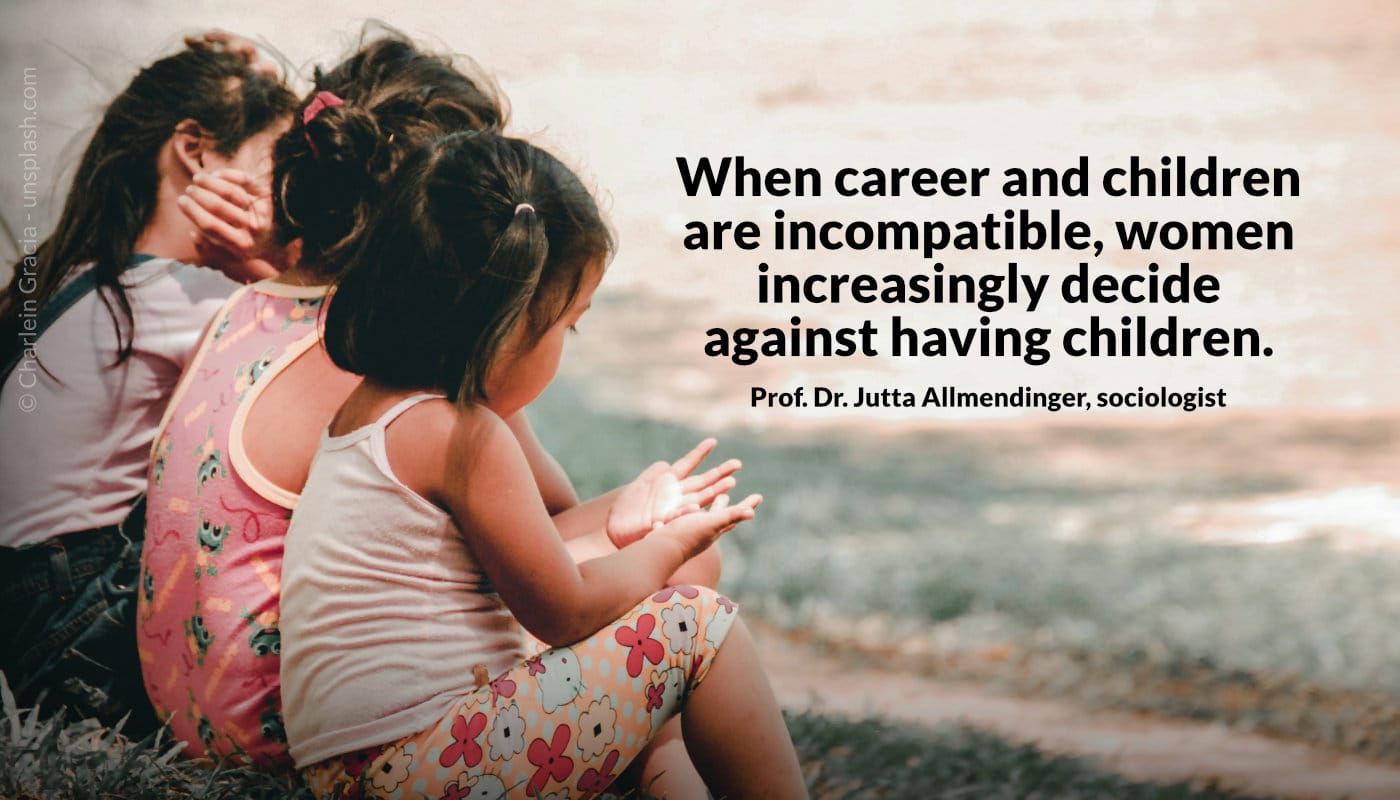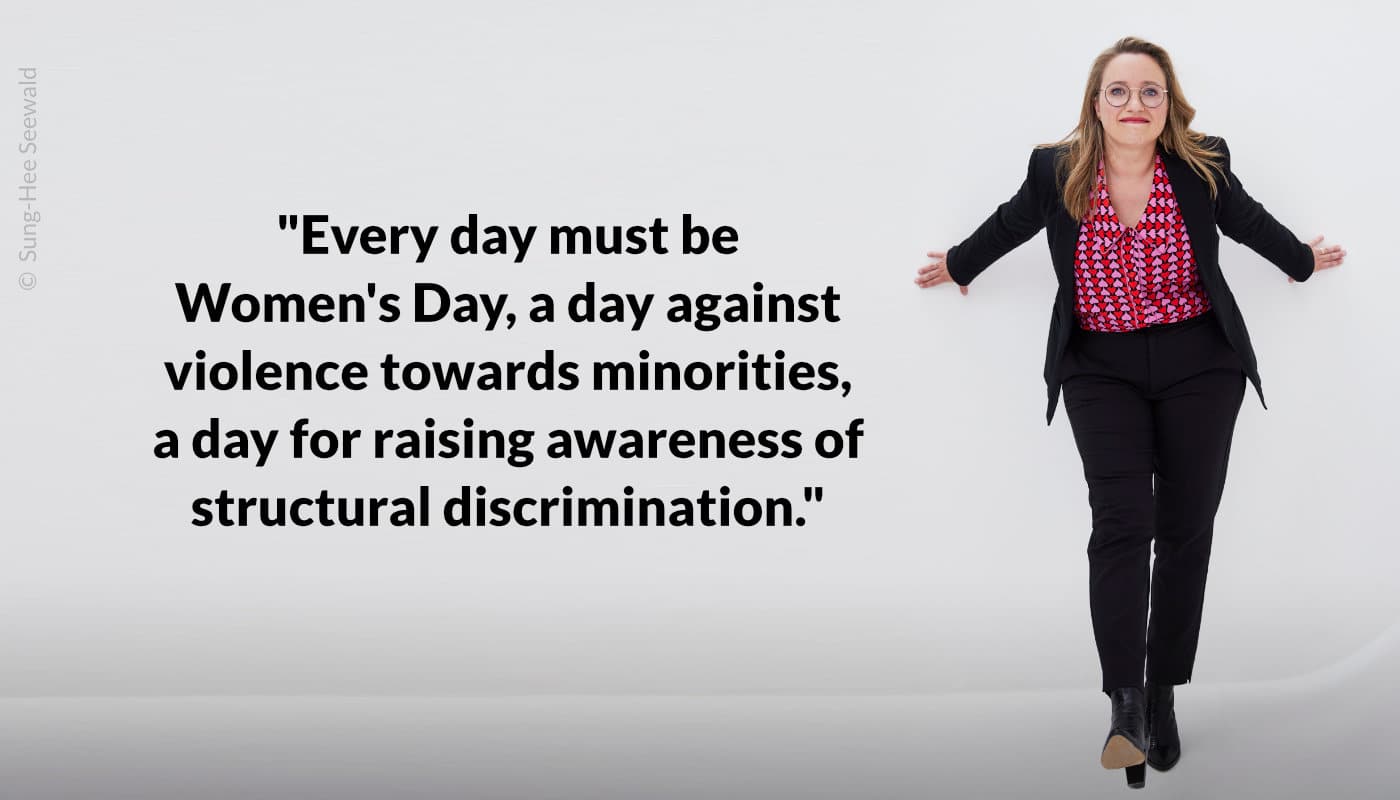Every other woman works part-time: “Even last year, the majority of women in Germany worked part-time. While every other employed woman worked part-time, it was only about 13 percent for men, as reported by the Federal Statistical Office.”
Looking at the difference between genders, statisticians see a clear correlation with childcare. With the birth of the first child, the difference noticeably increases in both directions: In 2023, 67 percent of all mothers with at least one child under 18 worked part-time, while only nine percent of all fathers did so. Among employees without children, the part-time rate for women was only 39 percent, compared to 16 percent for men.
(…)
However, in 2023, most shortage occupations for non-academic professionals had a significantly below-average part-time share” (such as in the skilled trades). “An exception is the fields of healthcare and elderly care: here, the part-time shares were clearly above average, at 39 and 43 percent, respectively. Reasons for this include not only the very high proportion of female workers but also the extraordinary workload in the care sector.”
Regarding mini-jobs, ZEIT ONLINE refers to the response of the federal government to an inquiry from the Left party.
“About 4.3 million women in Germany work in a mini-job – with 2.5 million, 58 percent of them do not engage in any other gainful employment. (…) Although the mini-job model is growing in the East, it is much more widespread in western Germany, the Left party said. According to the party, one reason for this is a poorly developed childcare structure in the West. As a result, mothers have to take care of childcare and consequently cannot engage in social security-covered employment.
“The coalition had aimed to achieve gender equality within this decade,” said the chairwoman of the Left party in the Bundestag, Heidi Reichinnek. It is also a constitutional mandate of the federal government to establish equivalent living conditions in East and West Germany. “These goals are clearly being missed,” she said.
According to Reichinnek, what is needed are widespread daycare expansion, the conversion of mini-jobs into social security-covered employment, and the abolition of income splitting for spouses. This would enable women to participate in the labor market, financially secure themselves, and thus prevent old-age poverty. As is known, mini-jobs, where no contributions are paid to social security, do not provide security.

Posted by herCAREER,
References:












